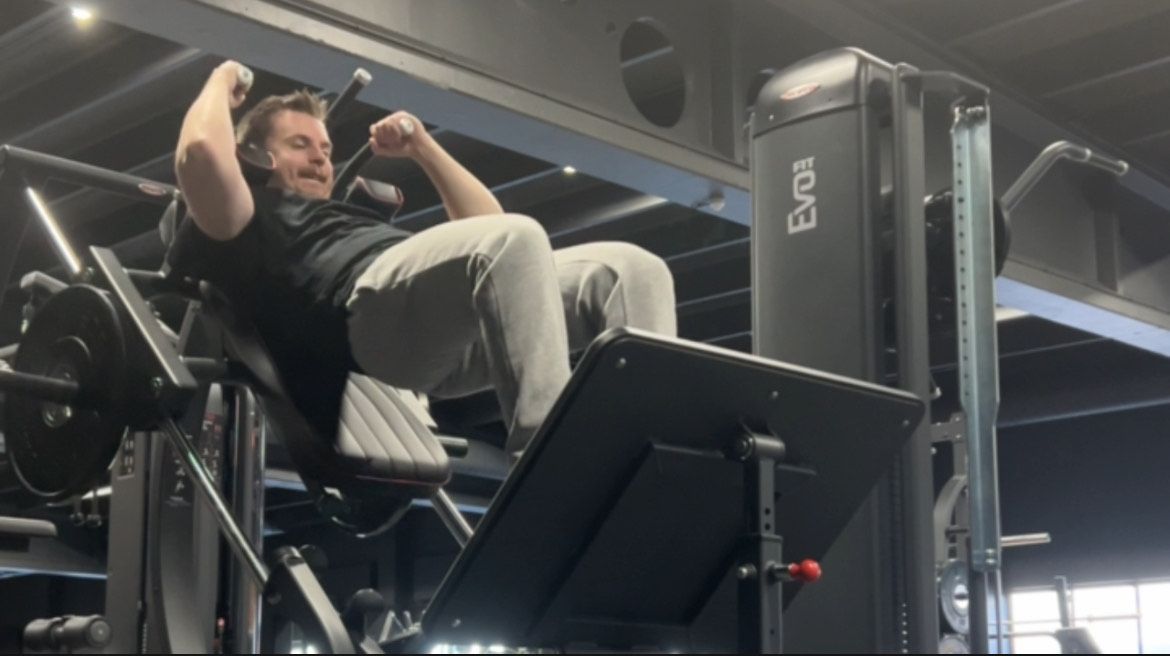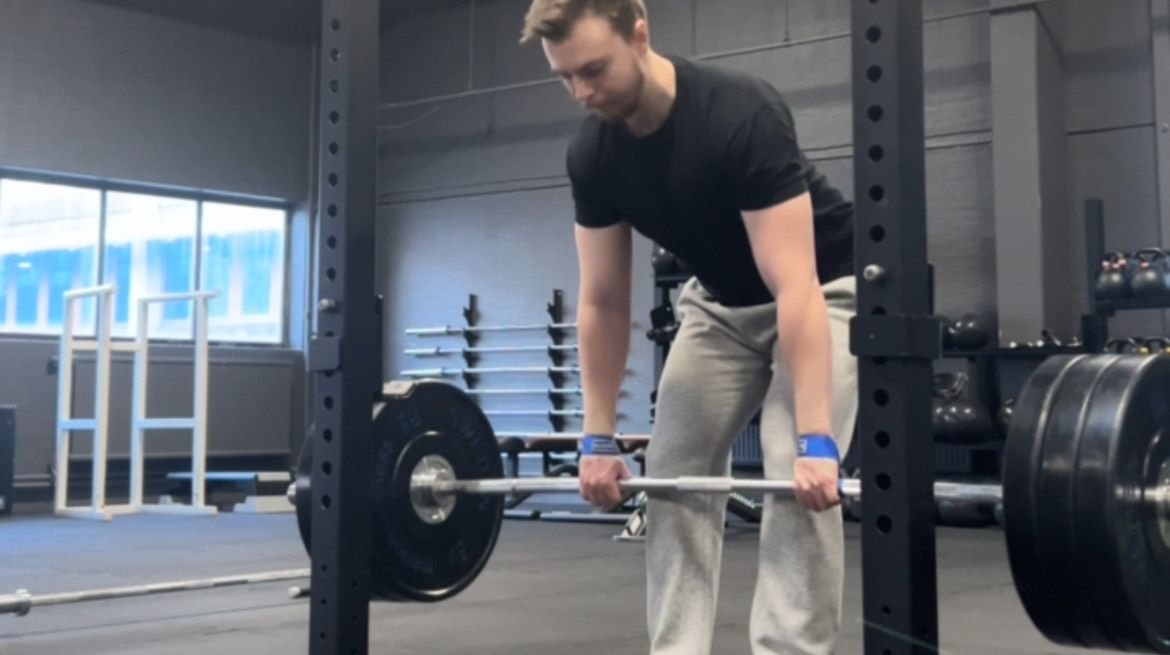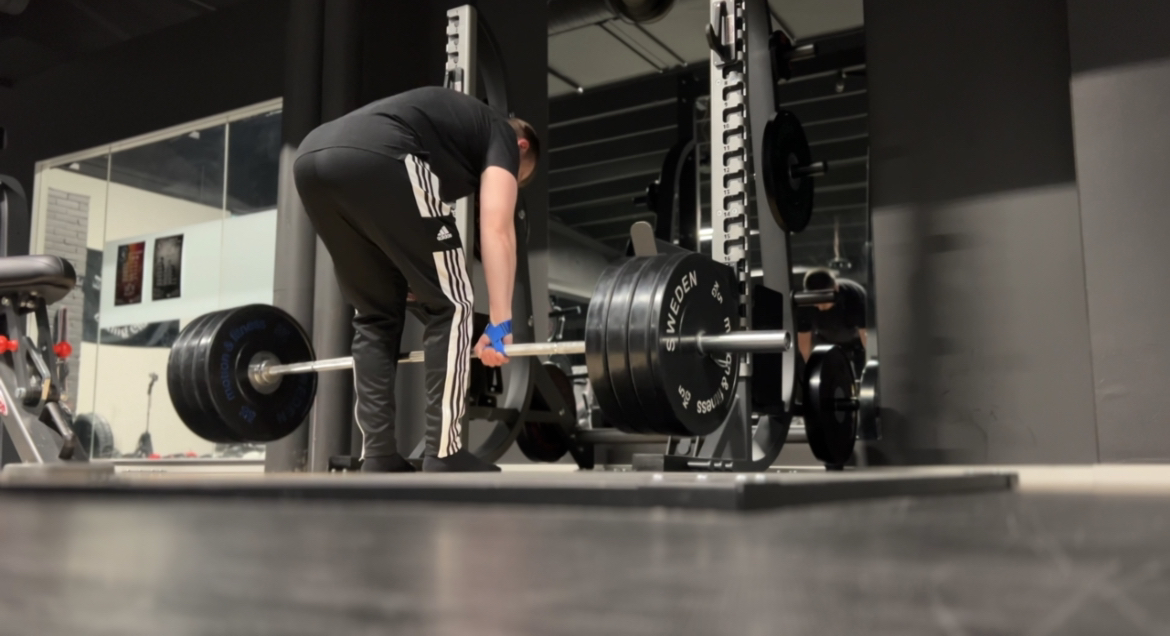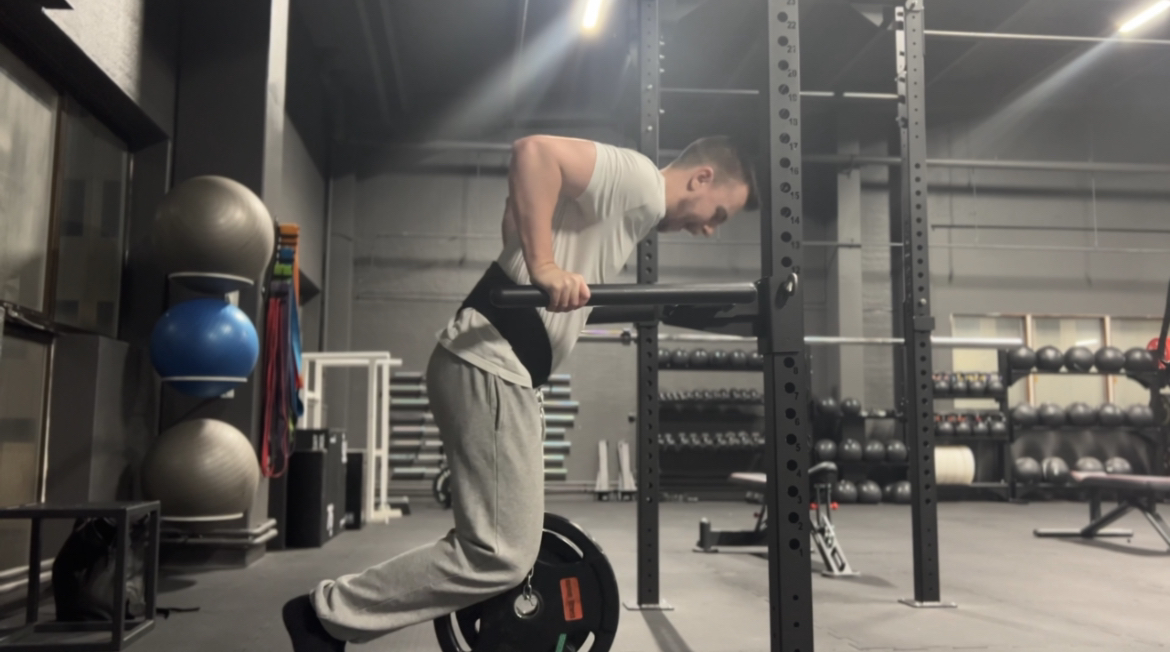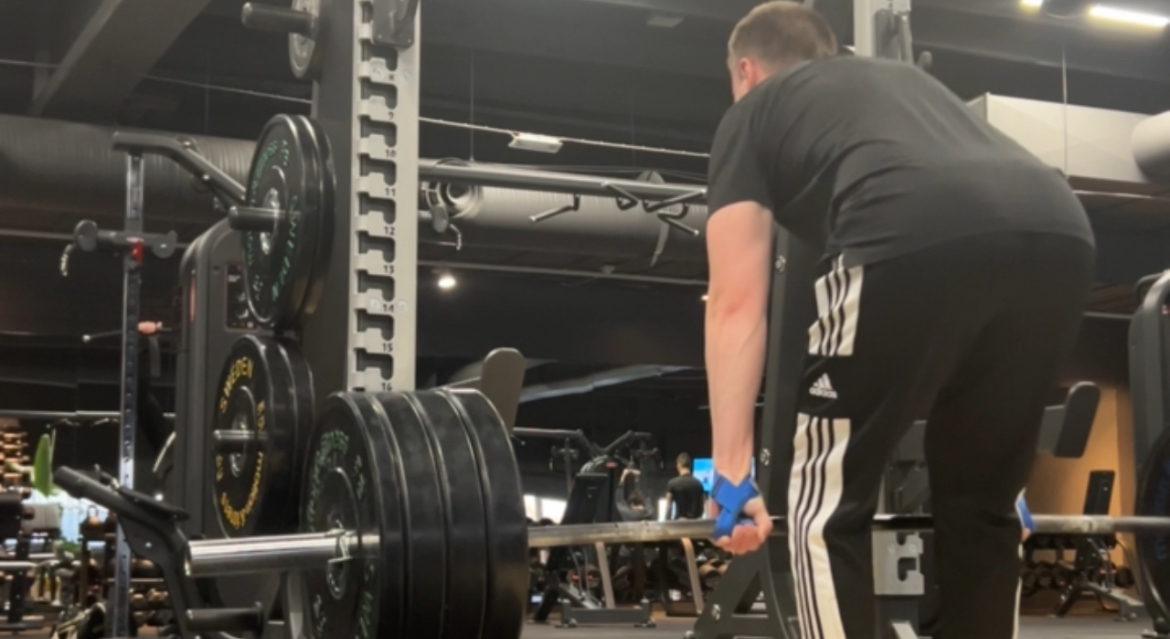How long should your workouts be?
Why Workout Length is Not That Important
Many people believe that spending hours in the gym is the key to achieving fitness goals. However, the duration of a workout is not the most critical factor in determining success. Instead, aspects such as workout intensity, consistency, and exercise selection play a much more significant role in overall fitness progress.
The Myth of Long Workouts
The idea that longer workouts lead to better results is a common misconception. While some professional athletes may benefit from extended training sessions, the average person can achieve their goals in a much shorter time frame if their workouts are structured effectively. Spending excessive time in the gym does not necessarily translate to greater strength, endurance, or muscle growth.
Factors More Important Than Workout Length
- Intensity Over Duration – A short, high-intensity workout can be more effective than a long, low-effort session. High-intensity interval training (HIIT), for example, has been shown to produce excellent cardiovascular and fat loss benefits in a fraction of the time compared to traditional workouts.
- Consistency Matters – Regular, shorter workouts performed consistently over time are more beneficial than infrequent long sessions. A well-balanced fitness routine should be sustainable and fit into daily life without causing burnout.
- Quality Over Quantity – The effectiveness of a workout is determined by the exercises performed, proper form, and muscle engagement. A focused 30-minute strength session with compound movements can yield better results than an hour of aimless training.
- Recovery and Adaptation – Overtraining by engaging in excessively long workouts can lead to fatigue, increased risk of injury, and decreased performance. Proper recovery, including rest and nutrition, is essential for progress.
Finding the Right Workout Length
There is no one-size-fits-all workout duration. The optimal length depends on individual fitness goals, lifestyle, and workout intensity. For most people, a well-structured 30- to 45-minute session can be highly effective, whether the goal is fat loss, muscle gain, or overall fitness.
Conclusion
Workout length is not the primary determinant of success in fitness. Instead, focusing on intensity, consistency, and workout quality will yield better long-term results. Short, well-planned workouts can be just as effective—if not more—than prolonged sessions. By prioritizing smart training strategies over gym time, individuals can optimize their fitness journey while maintaining balance in their lives.


